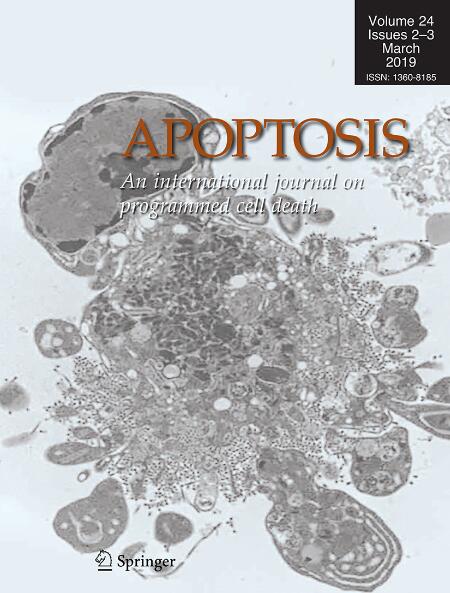PLAGL2-STAU1-NCOA4 axis enhances gastric cancer peritoneal metastasis by resisting ferroptosis via ferritinophagy
Abstract
Peritoneal metastasis (PM) is the primary site of distant metastasis in gastric cancer (GC) and is associated with an advanced disease stage and poor prognosis. Due to its high resistance to chemotherapy, disseminated peritoneal lesions are often untreatable. A primary reason for therapy resistance in cancer cells is often their defective cell death execution mechanisms. Ferroptosis, a newly identified type of regulated cell death, is strongly linked to the emergence and formation of tumors. Earlier studies have demonstrated the significant role of RNA-binding proteins in ferroptosis. Nevertheless, the fundamental process linking Staufen Double-Stranded RNA Binding Protein 1 (STAU1) to ferroptosis in the peritoneal metastasis of gastric cancer is yet to be clarified. This study shows that the RNA-binding protein STAU1 is crucial for regulating ferroptosis in gastric cancer cells. Elevated levels of STAU1 are linked to unfavorable outcomes in individuals diagnosed with gastric cancer. STAU1 was up-regulated by PLAGL2 and decreased the stability of NCOA4 mRNA by binding to the 3ʹ-untranslated region. Decreased NCOA4 expression inhibits the accumulation of reactive iron, the occurrence of the Fenton reaction, and cellular ROS generation in the GC cells. Additionally, we showed that NCOA4 is crucial in the process of ferritinophagy triggered by the reduction of STAU1 in gastric cancer cells. Ultimately, the process safeguards GC cells from ferroptosis. These findings elucidate the function of PLAGL2/STAU1/NCOA4 in the ferroptosis of gastric cancer cells and provide theoretical backing for possible diagnostic markers and treatment targets for peritoneal metastasis in gastric cancer.


 求助内容:
求助内容: 应助结果提醒方式:
应助结果提醒方式:


